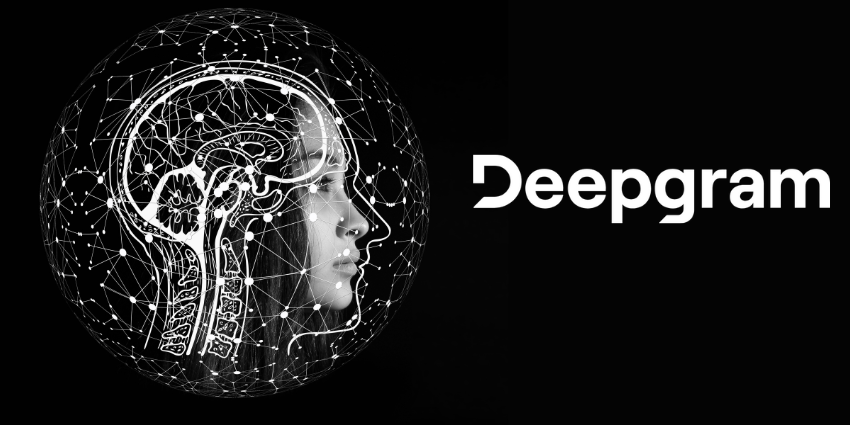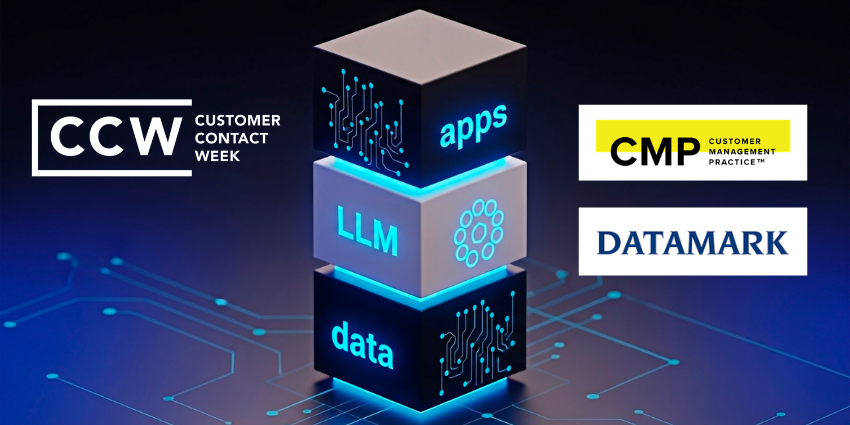In December, Deepgram introduced Shortcut, an on-device AI assistant that takes the user’s spoken words to perform various tasks.
For instance, Shortcut may draft emails, organize thoughts, and create documents.
Moreover, it can even talk back, so the user can practice difficult conversations and ideate.
The solution stems from Deepgram’s acquisition of Poised, a communication tool that provides real-time feedback during online meetings.
Yet, Shortcut builds on that provide a voice AI assistant that adapts to its users’ spoken words to become more of a personalized assistant. The following video brings this to life.
However, perhaps most interestingly, Shortcut learns how the user naturally thinks and speaks.
As such, whether the user is bouncing ideas off colleagues, thinking out loud, or explaining concepts to others, Shortcut is continually becoming more context-aware.
Shortcut Offers a Glimpse of the Future Contact Center
One of Shortcut’s standout features is allowing users to rehearse important conversations before they happen. In sales and service, that’s a potentially powerful capability.
For instance, a contact center agent could roleplay a conversation with a difficult customer. Afterward, Shortcut will provide feedback and guidance to refine the agent’s responses toward complex scenarios, improving their communication and customer service skills.
Next, consider a sales agent prepping for a call with a hot prospect. Shortcut may give feedback on their potential pitches, noting opportunities to build better rapport.
Another significant benefit is in how Shortcut allows users to turn their spoken words into writing. That effectively eliminates the need to type out complex customer communications.
For example, a service agent could struggle to organize their thoughts for an email. So, instead, they could speak their ideas aloud, and from there, Shortcut may chain their concepts together to create a clear response.
Additionally, Shortcut provides users with different dictation styles. So, the AI assistant may tweak the agent’s thoughts based on how they wish to communicate with customers.
For instance, if the brand has strict tone-of-voice guidelines, Shortcut may tweak the content to better align with those.
Beyond CX: The Implications of Shortcut
The introduction of Shortcut marks a significant milestone in the evolution of personalized AI assistant technology.
Thinking beyond customer experience, such AI assistants could support people’s day-to-day lives, helping them plan their trips, studies, meals, etc.
Moreover, a personal assistant could even track someone’s medication and offer health advice.
As part of the vision, someone has an AI companion or digital twin that lives alongside them.
Shortcut presents a picture of an AI assistant for work that supports every employee in completing their daily tasks.
Yet, most crucially, it could represent the end of generic assistant tools and create a future of personalized AI assistants that know the user’s style and habits. That’s hugely significant.
NVIDIA recently discussed the possibility of personal AI assistants. Check out its take in the following article: NVIDIA CEO Jenson Huang’s Vision for Agentic AI In 2025: The Rundown







